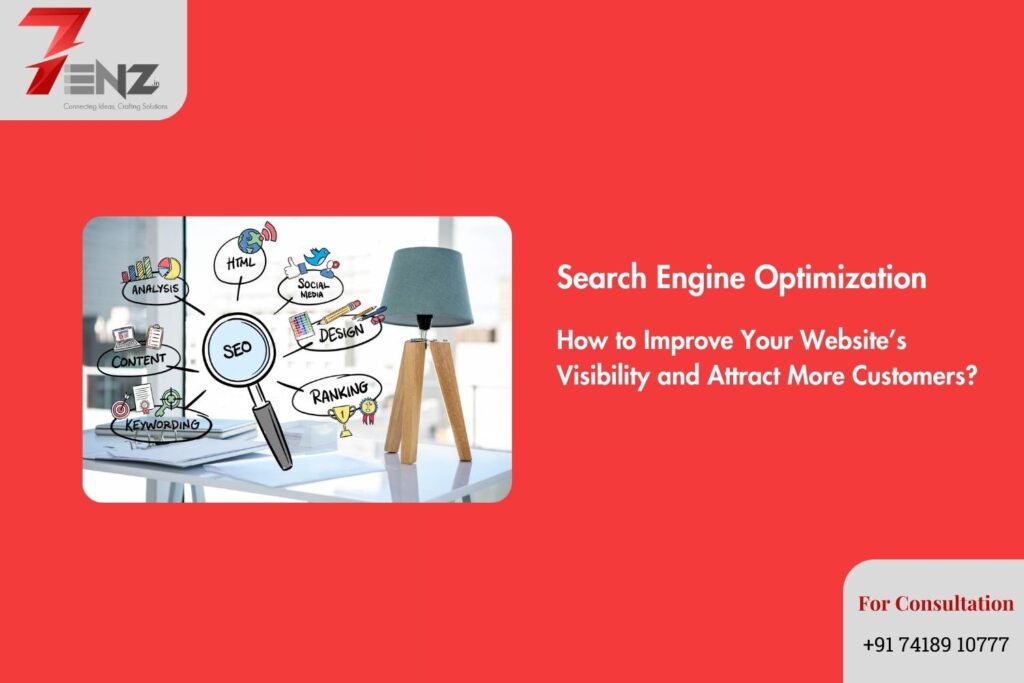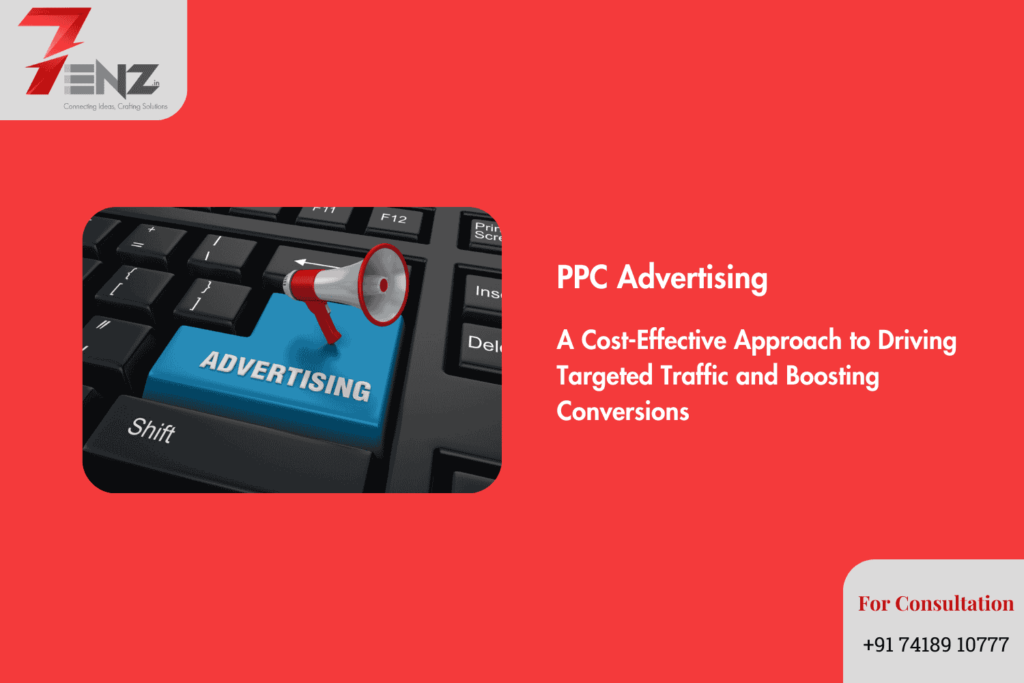
User experience (UX) and SEO go hand in hand. If your site is clunky, slow, or confusing — it won’t just annoy your visitors. It’ll cost you rankings, conversions, and revenue.
Google isn’t just judging your content anymore. It’s evaluating how users interact with your site — how long they stay, what they click, and whether they bounce. If your site creates friction instead of flow, your SEO will suffer.
Here are 7 common UX and SEO mistakes in Thanjavur that quietly kill your search performance, and how to fix them to turn your website into a true conversion engine.
1. Slow Site Speed
Why it’s a problem:
Page speed is a confirmed Google ranking factor. Even a 1-second delay in load time can hurt your bounce rate, user satisfaction, and conversions.
Fix it:
- Compress images with tools like TinyPNG or WebP
- Use lazy loading for below-the-fold content
- Upgrade hosting or move to a CDN (e.g. Cloudflare)
- Minimize JavaScript and CSS
Bonus: Use Google’s PageSpeed Insights or GTmetrix to diagnose slow-loading pages.
2. Poor Mobile Experience
Why it’s a problem:
Over 60% of search traffic now comes from mobile devices. If your site isn’t responsive or finger-friendly, users (and Google) will notice.
Fix it:
- Use a responsive design that adapts to all screen sizes
- Ensure tap targets (buttons, links) are big enough
- Avoid pop-ups or interstitials that block content
Google uses mobile-first indexing, so your mobile version is what gets ranked.
3. Confusing Navigation
Why it’s a problem:
If users can’t find what they’re looking for, they leave. Poor navigation also makes it harder for Google to crawl and index your site properly.
Fix it:
- Keep your nav bar clear and consistent
- Limit menu items to 5–7 top-level options
- Use breadcrumb navigation for hierarchy and context
- Include a search bar with smart suggestions
Good navigation supports both UX and SEO by improving dwell time and internal linking.
4. Overuse of Pop-Ups
Why it’s a problem:
Obtrusive pop-ups, especially on mobile, hurt user experience — and in some cases, can lead to ranking penalties from Google.
Fix it:
- Use exit-intent or delayed pop-ups
- Keep pop-ups small and easy to close
- Don’t block key content or navigation
- Avoid full-screen interstitials that appear immediately when a user lands on a page.
5. Wall of Text Content
Why it’s a problem:
Content that’s hard to scan is hard to consume. Long paragraphs and poor formatting lead to low engagement and high bounce rates.
Fix it:
- Break up text with headers, bullet points, and short paragraphs
- Use visuals to support key points (infographics, images, icons)
- Highlight key takeaways with bold text
- Readable content keeps users engaged longer — which sends positive signals to Google.
6. Lack of Internal Linking
Why it’s a problem:
Without strong internal links, search engines can’t fully understand your site’s structure — and users may hit dead ends instead of staying engaged.
Fix it:
- Link to relevant blog posts and pillar pages within your content
- Use keyword-rich anchor text naturally
- Add “Related Posts” or “You Might Also Like” sections
- Internal links guide both users and bots to your most valuable pages.
7. Inaccessible or Low-Contrast Design
Why it’s a problem:
If users can’t read or navigate your site due to poor contrast, font size, or accessibility issues, they’ll leave — and your SEO will take the hit.
Fix it:
- Use strong color contrast (check with WebAIM contrast checker)
- Ensure all fonts are legible (minimum 16px recommended)
- Add alt text to all images for accessibility and SEO
- Make sure keyboard navigation and screen readers work
- Accessibility isn’t just ethical — it impacts bounce rate and user satisfaction.
UX + SEO = Rankings + Revenue
If your traffic is solid but conversions are low — or worse, your rankings are slipping despite great content — UX is likely the missing link.
Remember: Search engines follow the users.
By improving user experience, you’re not just helping your visitors — you’re giving Google exactly what it wants.
Let’s Fix It Together
At 7enz digital & It solutions , we help businesses audit their sites and avoid UX and SEO mistakes in Thanjavur — optimizing both for better traffic, more time on site, and higher conversions.
Ready to stop leaving traffic (and revenue) on the table? Get a free UX audit from our team or learn how we can build you a growth-ready, search-optimized website.



